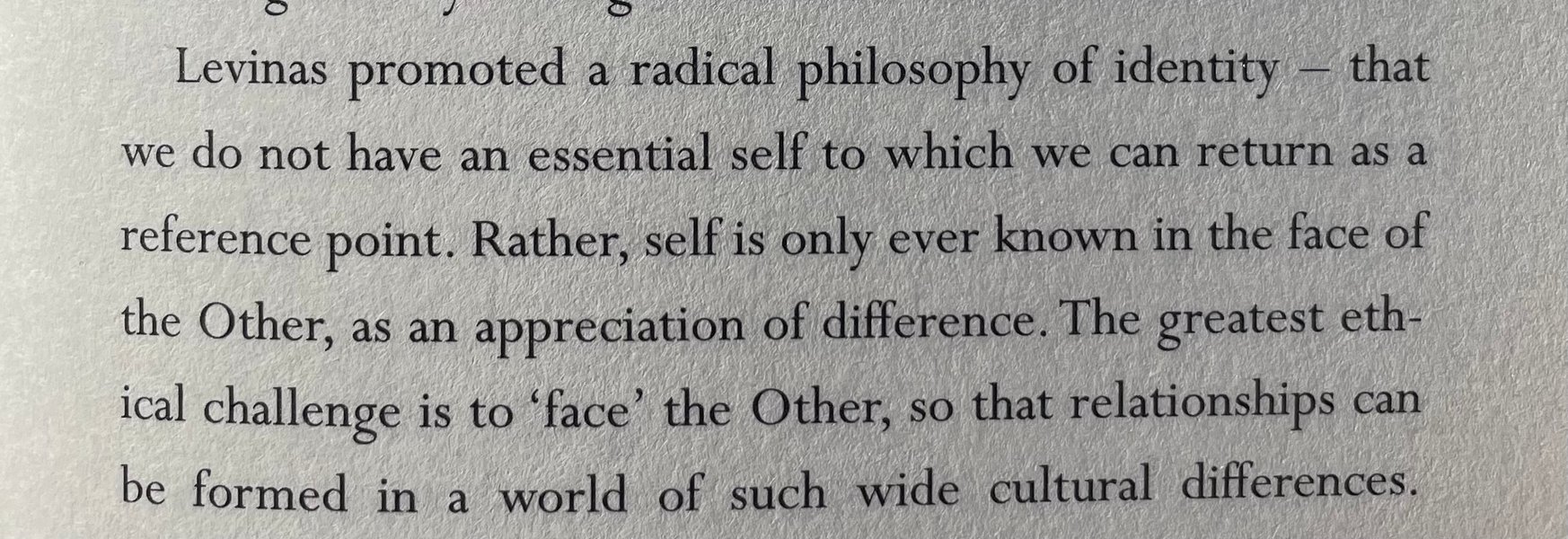Sublime
An inspiration engine for ideas

St Ignatius of Loyola (1491–1556), founder of the Jesuits, who went so far as to proclaim that he would have counted it a cause for pride had he been of Jewish extraction.
David Bentley Hart • The Story of Christianity
Moses.” 9Manasseh misled Judah and the inhabitants of Jerusalem, so that they did more evil than the nations whom the LORD had destroyed before the people of Israel. 10 The LORD spoke to Manasseh and to his people, but they gave no heed. 11Therefore the LORD brought against them the commanders of the army of the king of Assyria, who took Manasseh
... See moreC. S. Lewis • The C. S. Lewis Bible: For Reading, Reflection, and Inspiration

Imitatio Dei: The rabbi of Sasov once gave the last money he had in his pocket to a man of ill repute. His disciples threw it up to him. He answered them: “Shall I be more finicky than God, who gave it to me?”
Martin Buber Tales of the Hasidim
St Ignatius of Loyola (1491–1556), founder of the Jesuits, who went so far as to proclaim that he would have counted it a cause for pride had he been of Jewish extraction.
David Bentley Hart • The Story of Christianity
The sixth Rebbe deduced from this principle that Israel ben Eliezer (1698–1760), the Ba‘al Shem Ṭov, “master of a good name,” generally abbreviated as the Beshṭ, should be considered the “Moses of Ḥasidism” and Shneur Zalman of Liadi, the “Moses of Ḥabad.”
Elliot R. Wolfson • Open Secret: Postmessianic Messianism and the Mystical Revision of Menaḥem Mendel Schneerson
Rabbi Joseph Soloveitchik (1903–1993) boldly insists that in this amazing encounter, Moses serves as a paradigm for what is true of every human being: to be created in the image of God is to be assigned a specific task by God.



